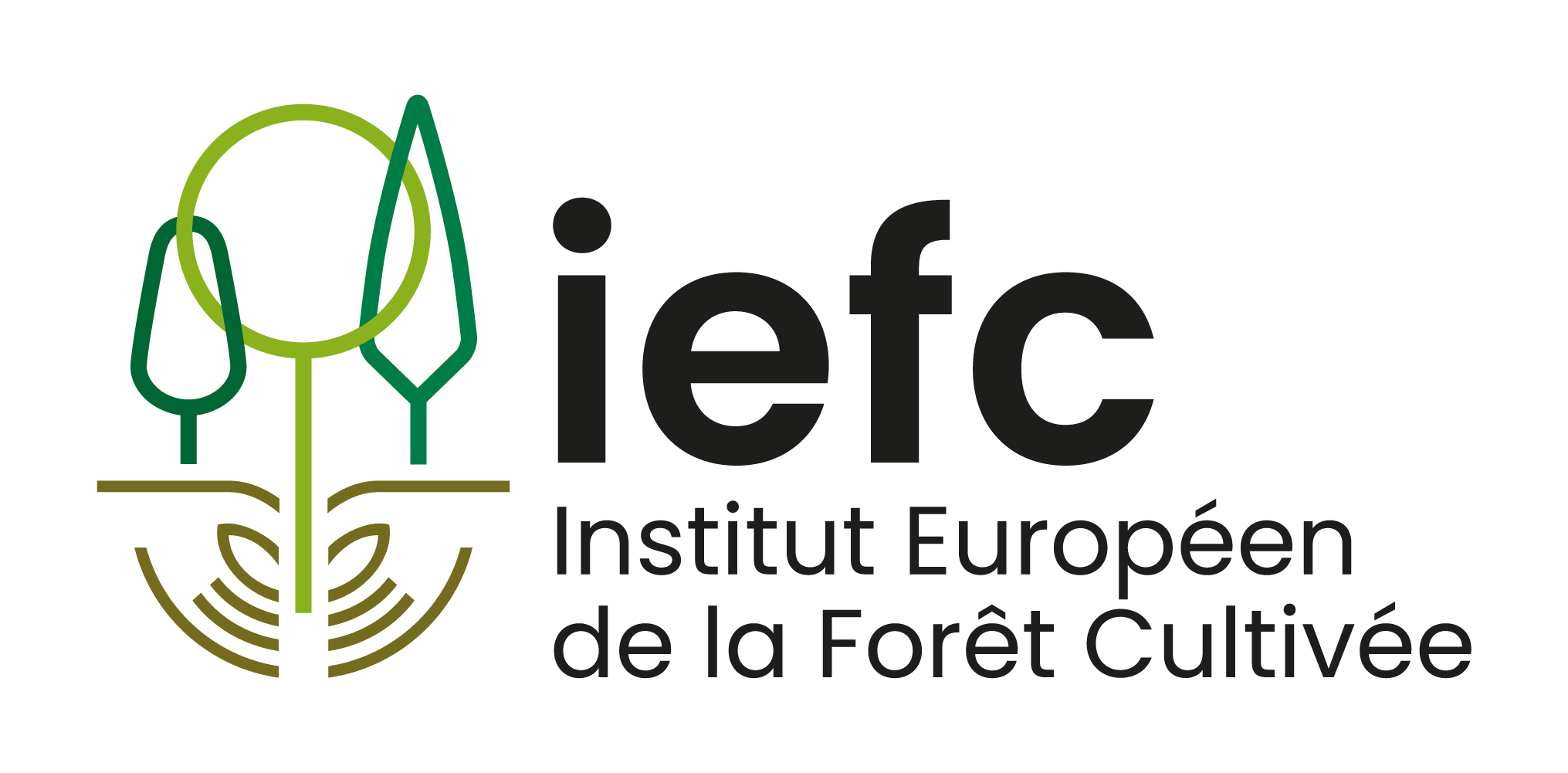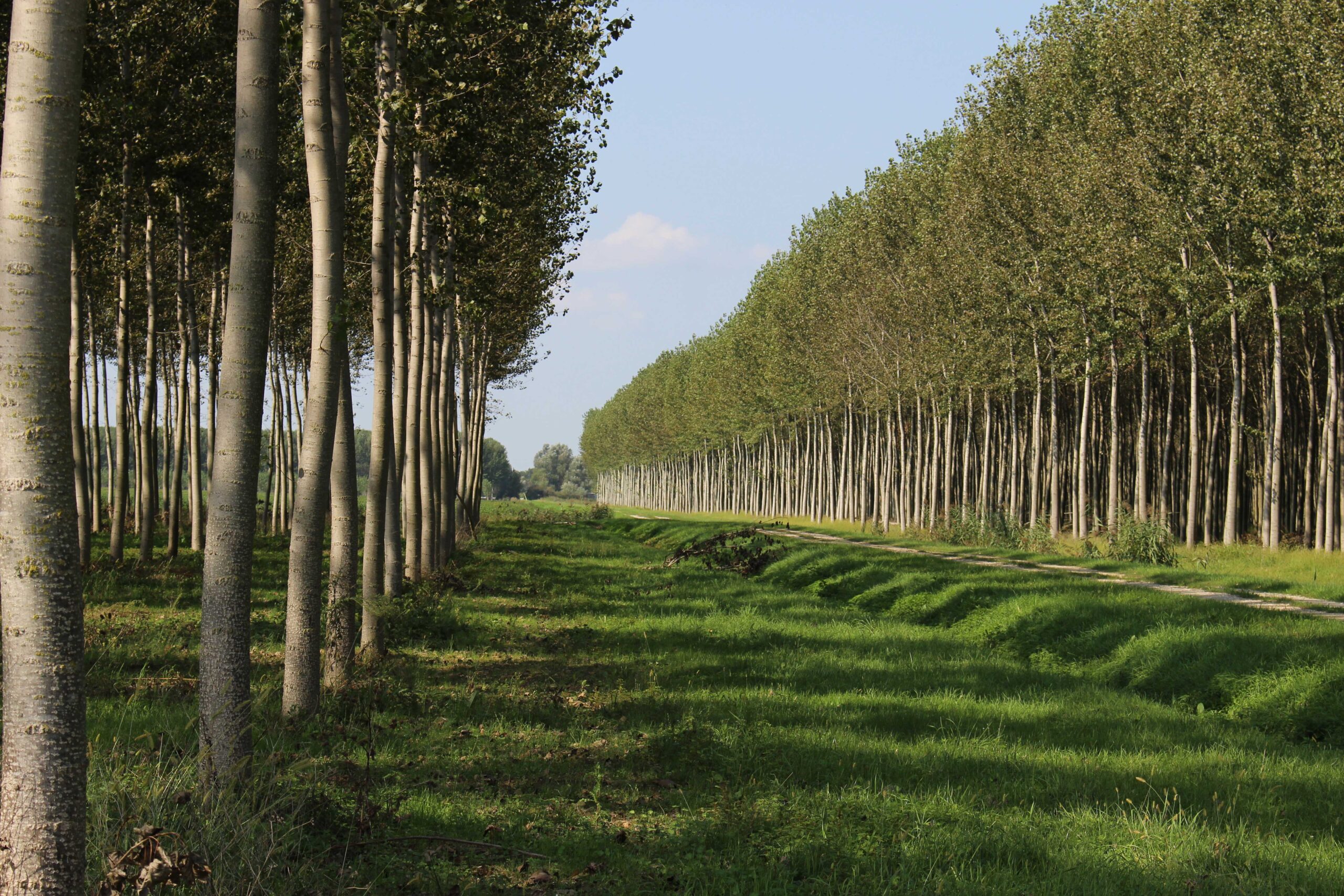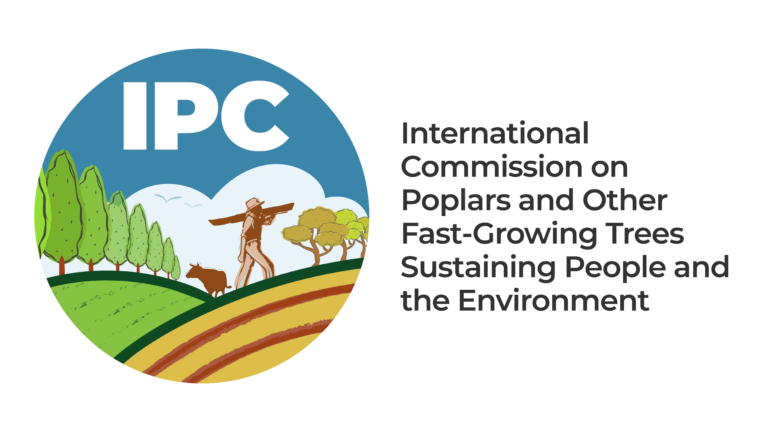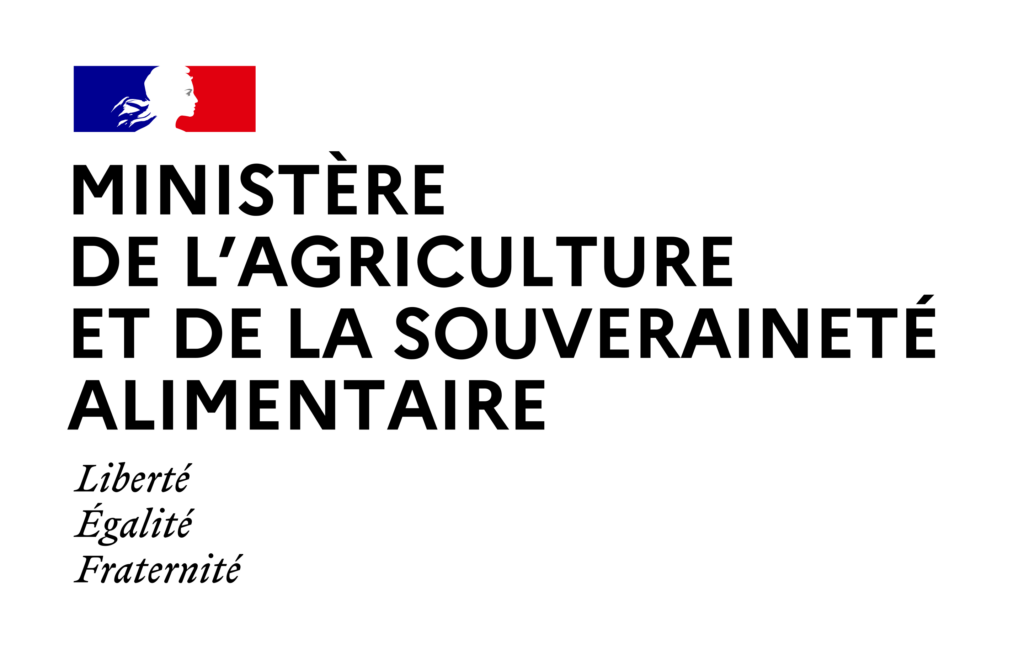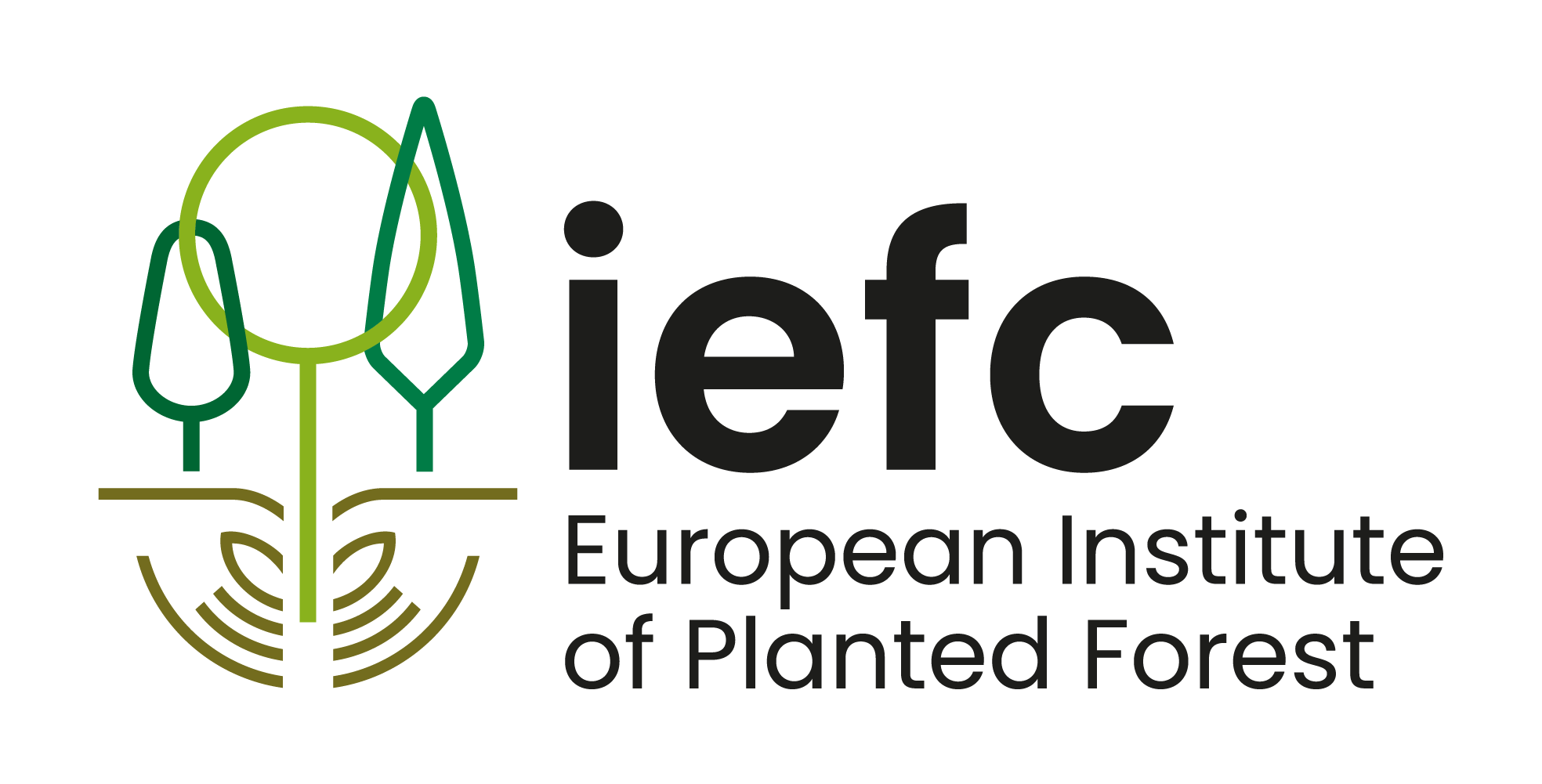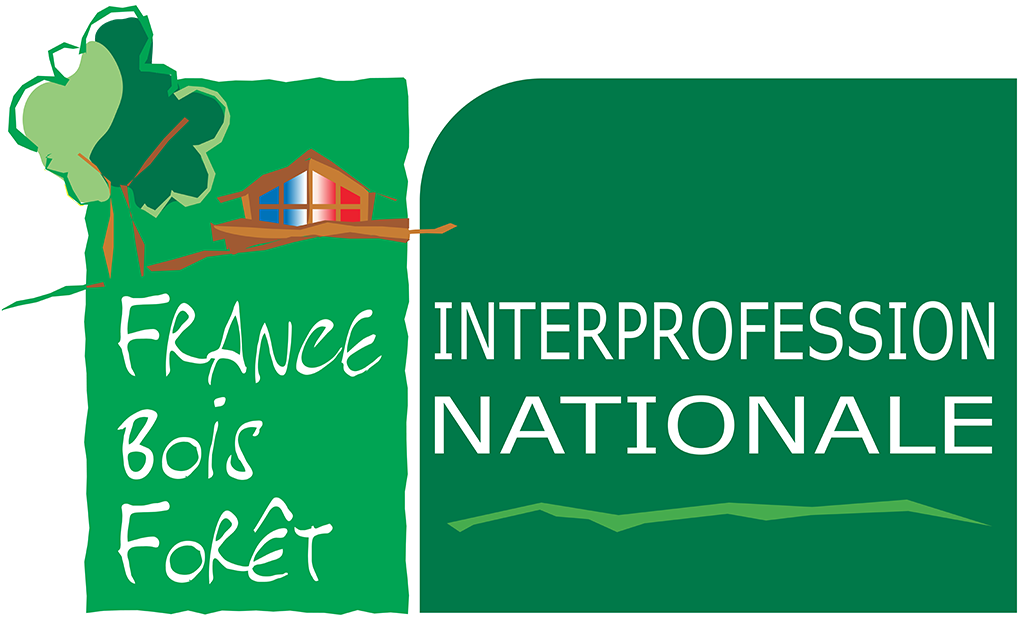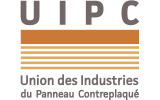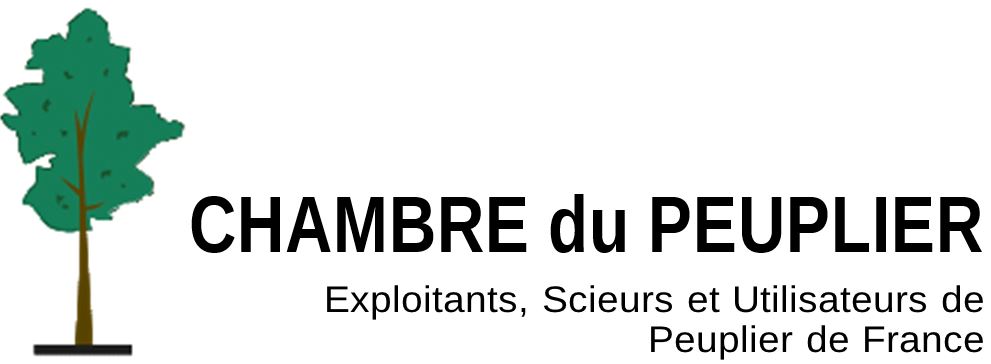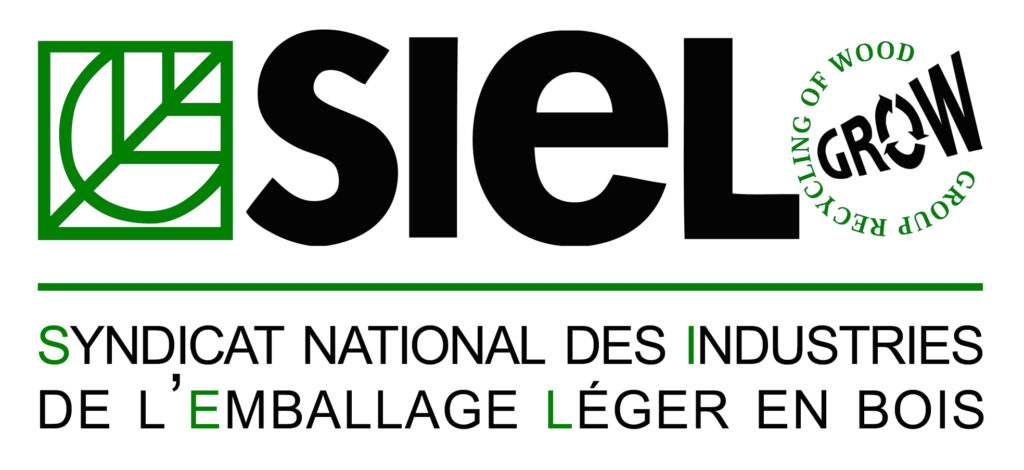In a world grappling with urgent challenges, the 27th Session of the International Commission on Poplars and Other Fast-Growing Trees Sustaining People and the Environment (IPC27) will bring together experts under the theme, «Poplars and Other Fast-Growing Trees for Climate Change Mitigation and Adaptation – Pathways to Climate Resilience and Carbon Neutral Societies.» IPC27 highlights the pivotal role of fast-growing trees in fostering sustainability amidst evolving environmental landscapes.
Fast-growing trees (FGT), trees with a mean annual increment (MAI) of at least 10m3 ha-1, are part of large, globalized value chains as much as they matter to smallholders and family farmers for their livelihoods, and for the conservation and restoration of ecosystems. Planted forests, accounting for 46 percent of global industrial roundwood demand in 2020, will continue to grow in importance for sustainable wood production and are an important pillar of the bioeconomy. Advancing knowledge and policy on management of FGT is critical for upscale their use for restoration of ecosystems, land management, and increased supply of wood fibre.
Taking place in Bordeaux on October 22-25, 2024, IPC27 marks the first in-person session since the approval of its new strategy. The session will unveil the outcomes of the new Working Parties and convene experts on a range of aspects related to management of fast-growing species. A study trip will take place prior to the session on October 17-20, 2024, and Italy will host a post-study trip on October 27-29, 2024. The IPC Executive Committee will hold its 53rd meeting on October 21st, 2024.
Join us at IPC27 as we chart a course towards resilient, carbon-neutral societies with fast-growing trees.
2. Why an IPC session 27 in France
France has always been a player in the International Poplar Commission. Following the creation in 1946 of the first national poplar commission in France, in 1947 it participated in the creation of the International Poplar Commission with 8 other founding members: Belgium, Italy, the Netherlands, Poland , the United Kingdom, Sweden, Switzerland and Czechoslovakia.
After the organization in France of the 9th session of the IPC in 1957, more than 66 years ago, the organization of the 27th session of the IPC in France in October 2024 is an opportunity to recall the importance of this international institution for France.
France, with an area of 200,000 ha of planted poplars and an annual timber production of 1.4 million m3, is one of the main poplar wood producing countries in Europe. This production represents 1/3 of the hardwood harvest in France. Production poplar plantations are mainly owned by more than 150,000 private owners. These poplar plantations are distributed in valleys throughout the French national territory. Poplar wood is mainly used for the manufacture of plywood panels or for the production of lightweight wooden packaging. Part of the wood is exported in particular to Italy and Spain.
The poplar sector is today organized around the National Poplar Council which brings together representatives of wood production, services (cooperatives, experts and forestry work companies) and processing industries. This Council is the main contact of the Ministry of Agriculture for poplar issues, and aims to support the development of poplar production within the framework of sustainable forest management.
The other fast-growing species present in France, according to the FAO productivity criterion of 10 m3/ha/year, are essentially eucalyptus and Douglas fir. Eucalyptus trees are rarely planted in France and their wood is mainly used for pulp. Douglas fir is a recent species in France and its weight has been increasing over the past 50 years. It is planted in the regions of Massif Central, Burgundy, and Normandy, where the soil and climate conditions suit it. Its wood is sought after for construction.
Two other species are considered in France as high-growth species in certain soil and climate conditions, but with a productivity below the criterion of 10 m3/ha/year at the national level: maritime pine and black locust. Maritime pine represents 132 million m3 of standing wood, spread over 900,000 ha mainly located in the Landes de Gascogne massif. Its wood is widely used in sawing. Robinia represents 28 million m3 of standing wood, distributed throughout France over more than 150,000 ha. Its wood is widely used for making stakes.
Find all the event information below









